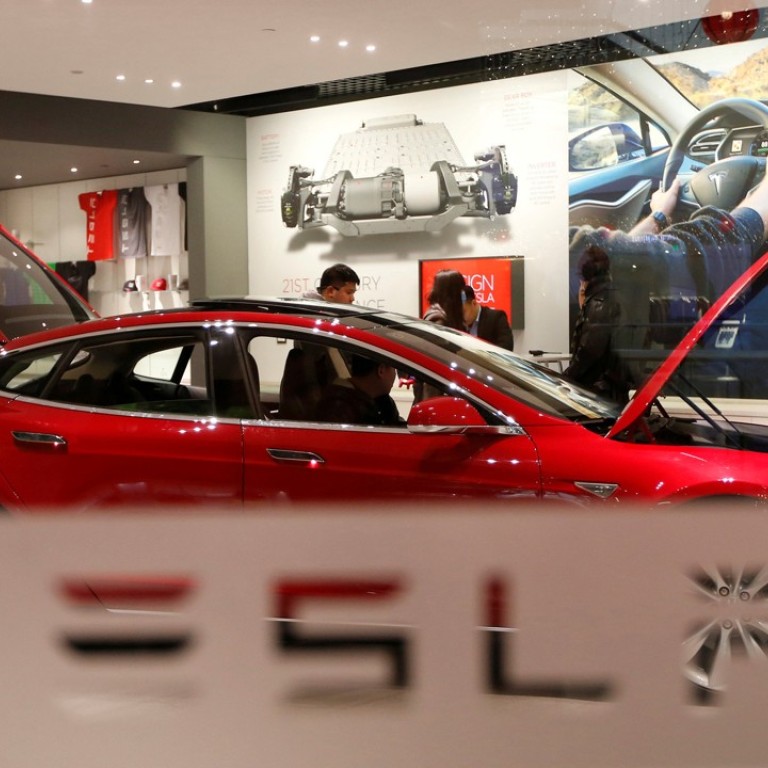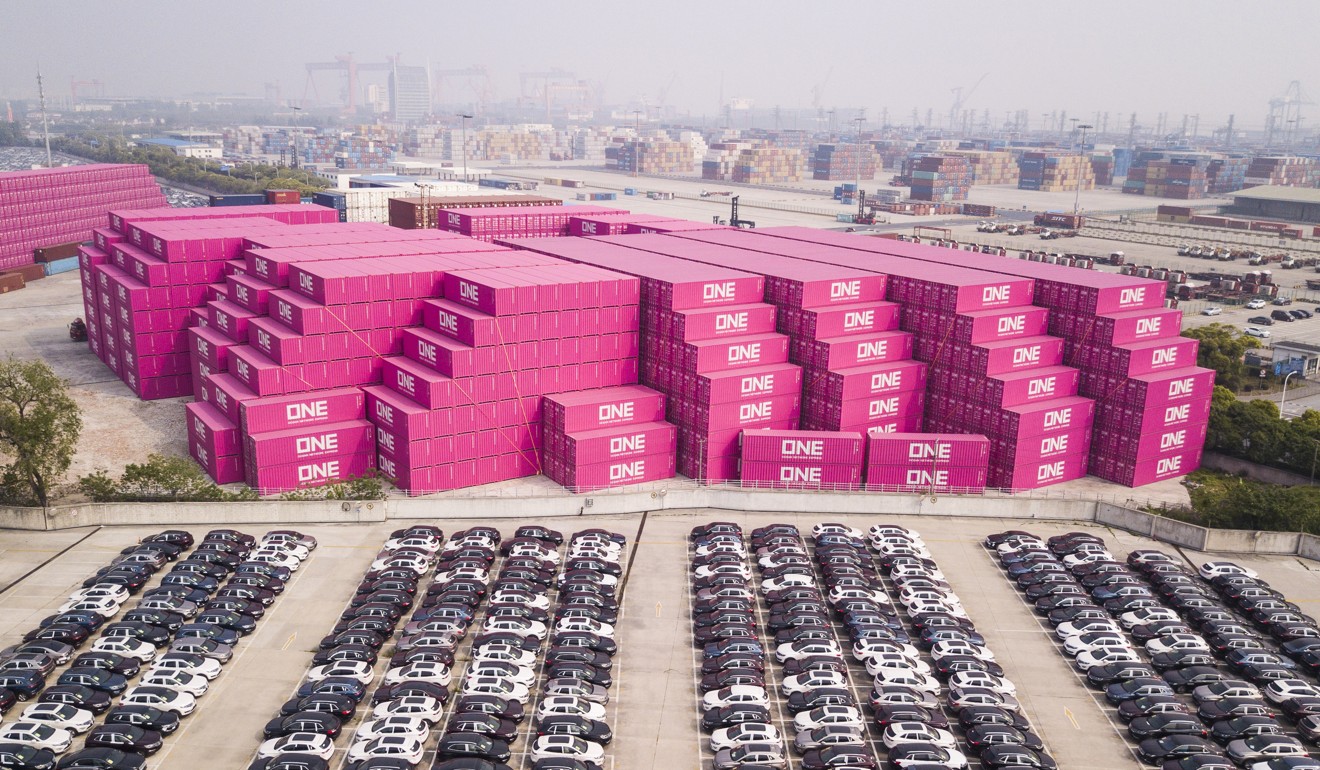
Tesla responds to cuts in import tariffs by Beijing with price reductions for mainland customers
Import duties on vehicles will be cut to 15 per cent and tariffs for auto parts will also be reduced
Tesla said on Tuesday night it had “adjusted the prices for Model S and Model X in mainland China”, as a result of China’s decision to cut car import duties. According to an announcement on its official WeChat account, the price adjustments had been circulated to all its stores on the mainland.
Tesla’s announcement followed one by China’s Ministry of Finance earlier in the evening, that it would slash import tariffs on vehicles and auto parts from July 1, echoing a promise by President Xi Jinping last month to boost the import of cars such as Tesla’s electric vehicles.
Tesla did not reveal the amount of price reductions, but said cars that had not been delivered to customers would follow the new prices, regardless of their date of customs clearance.
The ministry said import duties on vehicles will be cut from the current 20 or 25 per cent to 15 per cent, and tariffs for auto parts will also be reduced. It said the decision was aimed at “upgrading the industrial structure and meeting domestic consumers’ demand”.
The cuts came a day after China and the United States agreed to substantially reduce the trade imbalance between the two countries, following negotiations between top economic policymakers.
President Xi had said during the Boao Forum six weeks ago in Hainan province that Beijing would further open up its automobiles market to foreign investors.
The president’s remarks were viewed as Beijing’s willingness to start negotiations with the US at a time when the two countries were on course to a full-blown trade war.
China currently applies a 25 per cent import tariff on imported passenger vehicles such as the Tesla models. Only a handful of trucks are subject to a 20 per cent import tariff. The existing tariffs have been effective for more than a decade.

“The reduction is not likely to largely boost auto imports,” said Tian Maowei, a sales manager at Shanghai-based Yiyou Auto Service.
There was speculation the tariffs on imported vehicles could be cut to 10 per cent.
At the Boao Forum, Xi also pledged to raise the investment cap for foreign car companies with mainland joint ventures.
New energy vehicle manufacturers such as Tesla will be allowed to set up wholly owned factories in China this year, the National Development and Reform Commission said last month. Earlier this month, Tesla set up a 100 million yuan (US$15.7 million) subsidiary in Shanghai, which will focus on research and development related to electric cars.
Tesla, the biggest-selling electric carmaker in the US, sold 17,000 vehicles in mainland China last year, up 51.6 per cent from 2016, according to the China Automobile Dealers Association.
Its Shanghai subsidiary, located at Lingang, an area close to the city’s free-trade zone, does not deal with manufacturing.
But its registration followed Tesla chief executive Elon Musk’s announcement of a plan to reveal the location of a “gigafactory” on the mainland as early as the third quarter this year.
Most of the auto parts that are imported, including those used for steering and brake systems, will see tariffs cut to 6 per cent, from the current 10 per cent, the finance ministry said.


